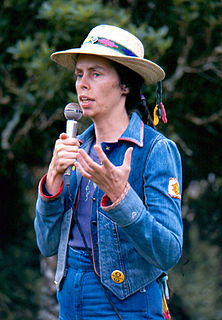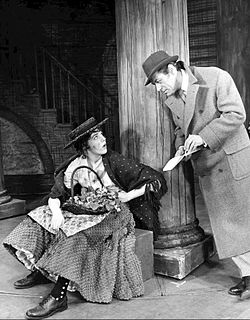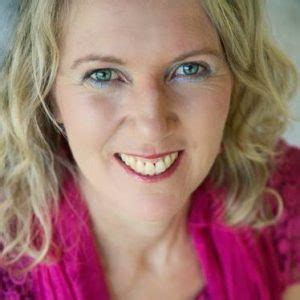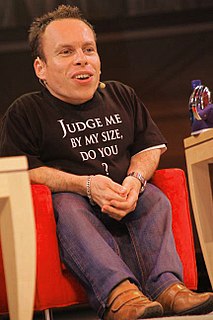A Quote by Ina May Gaskin
Nothing in medical literature today communicates the idea that women's bodies are well-designed for birth. Ignorance of the capacities of women's bodies can flourish and quickly spread into the popular culture when the medical profession is unable to distinguish between ancient wisdom and superstitious belief.
Related Quotes
For men to focus on controlling women's reproduction to solve a society's problems seems nothing short of mad or, at best, superstitious. But men's superstition or insanity has real and dire consequences for the women who are its object. And states, too, home in on women's bodies, perhaps to create the illusion that men are in control of uncontrollable forces. Indeed, almost all governments try to control women's bodies and regulate their appearance in some way.
In the middle-class United States, a veneer of "alternative lifestyles" disguises the reality that, here as everywhere, women's apparent "choices" whether or not to have children are still dependent on the far from neutral will of male legislators, jurists, a male medical and pharmaceutical profession, well-financed lobbies, including the prelates of the Catholic Church, and the political reality that women do not as yet have self-determination over our bodies and still live mostly in ignorance of our authentic physicality, our possible choices, our eroticism itself.
The medical profession [in Egypt] is also very commercial. Health is not given to the poor. You know, if you have money, you have medical care; if you do not, then you are in trouble. I was not ready at all to build my economic security on the diseases of people, on suffering, especially of women and children. So, in a way, I rebelled against it.
There may perhaps be a new generation of doctors horrified by lacerations, infections, women who have douched with kitchen cleanser. What an irony it would be if fanatics continued to kill and yet it was the apathy and silence of the medical profession that most wounded the ability to provide what is, after all, a medical procedure.
No single person, including the President of the United States, should ever be given the power to make a medical decision for potentially millions of Americans. Freedom over one's physical person is the most basic freedom of all, and people in a free society should be sovereign over their own bodies. When we give government the power to make medical decisions for us, we in essence accept that the state owns our bodies.


































